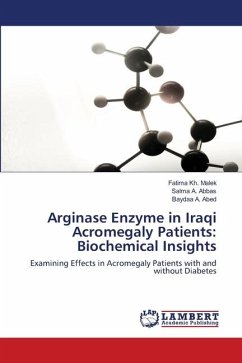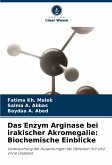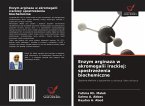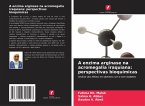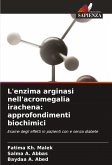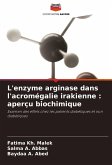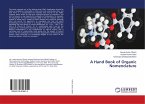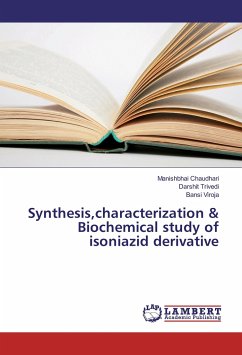L-arginase (EC 3.5.3.1), the final enzyme in the urea cycle, is a binuclear Mn2+ metalloenzyme. The enzyme catalyzes a reaction involving the hydrolysis of L-arginine to L-ornithine and urea. Acromegaly (ACRO) is a rare and complex hormonal syndrome classified as a chronic disorder characterized by elevated growth hormone (GH) and, consequently, insulin-like growth factor-1 (IGF-1). This is commonly caused by a GH-secreting pituitary adenoma, leading to multisystem impacts. These impacts affect the osteoarticular system, muscles, brain, heart and blood vessels, respiratory and hematopoietic system, kidneys, liver and pancreas, thyroid, adipose tissue, and metabolic system. The objective of this study is to evaluate the levels of arginase activity, GH, IGF-1, glucose, lipid profile, and serum urea in ACRO patients with and without diabetes. Additionally, the study aims to explore the correlation between Arginase and GH, glucose, and lipid profile.
Bitte wählen Sie Ihr Anliegen aus.
Rechnungen
Retourenschein anfordern
Bestellstatus
Storno

